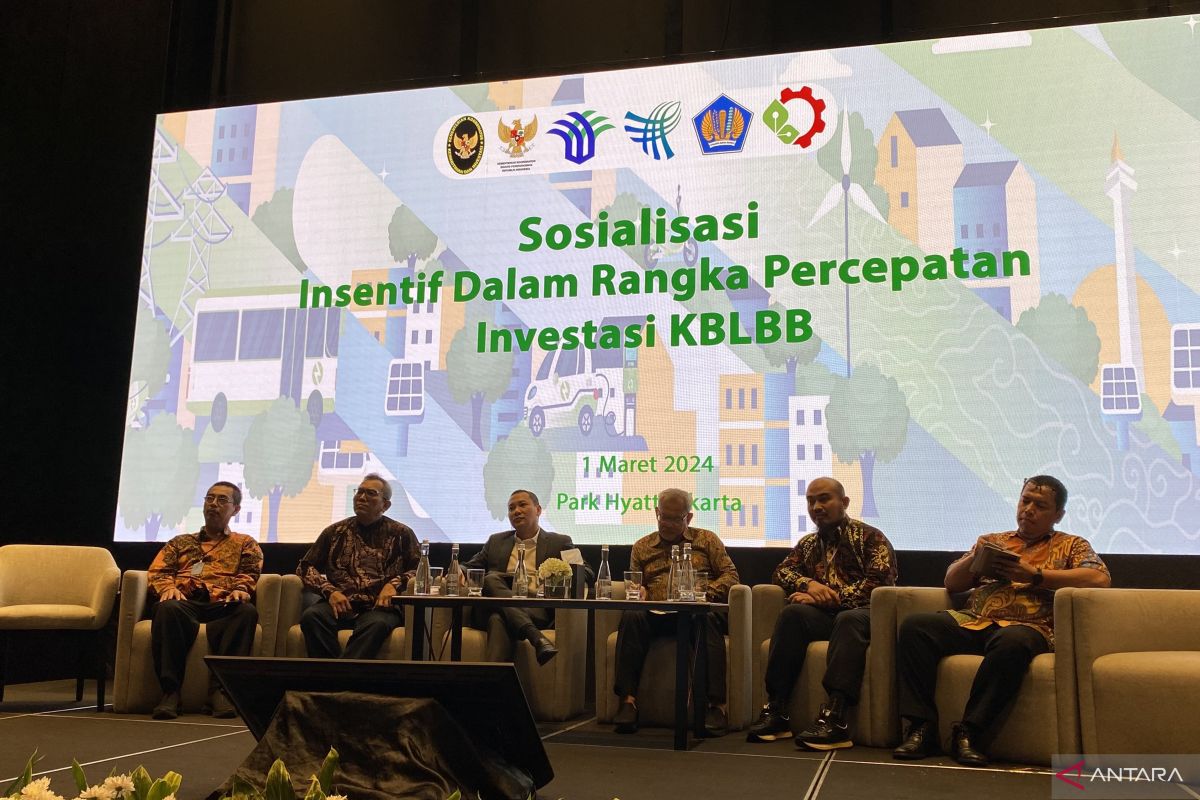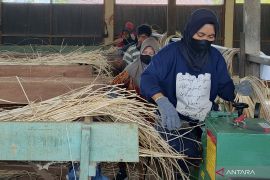Director of the Maritime Industry for Transportation Equipment and Defense Equipment at the Ministry of Industry Hendro Martono stated in a press conference here Friday that calculation of the minimum TKDN value of 40 percent, earlier set until 2024, will be extended to 2026.
Furthermore, the TKDN composition will increase to a minimum of 60 percent during the 2027-2029 period and a minimum of 80 percent in 2030 and thereafter.
"The calculation of local content, or TKDN, for electric vehicles is proposed to be changed to 50 percent for the main components in 2020-2029 and increase to 60 percent in 2030," Martono remarked.
Based on the calculation, the TKDN weight for supporting components remains at 10 percent. Meanwhile, the TKDN weight for development and research activities will be reduced, from 20 percent to 10 percent in 2030, he stated.
On the other hand, the TKDN weight for assembly components increased, from 10 percent to 20 percent.
According to Martono, the TKDN calculation was carried out in three stages, of which the first concerned market creation until 2026 to attract new investment through assembling KLBB in completely knocked down (CKD) form.
Under the second stage, industrial penetration in the 2027-2029 period is targeted by necessitating the use of battery packs and modules for the domestic KBLBB industry.
He explained that the third stage entailed industrial deepening in 2030 by mandating the use of main components, namely battery cells, from the domestic market.
"The government has made adjustments to the TKDN calculations in the painting and assembling aspects, so the KBLBB industry can easily achieve the maximum proportion of TKDN values," Martono remarked.
In addition, the government provides various incentives for the electric vehicle industry, including tax holidays, or corporate income tax exemptions for companies producing KBLBB.
Moreover, a tax allowance or reduction in corporate income tax is provided for companies investing in the KBLBB industry and a zero percent import duty incentive for imports of KBLBB components, he elaborated.
Incentives are also given to consumers who buy two-wheeled electric vehicles in the form of a discount of Rp7 million per unit.
Related news: Government, AstraZeneca launch 500 EVs for decarbonization
Related news: President asks Jakarta to speed up transition to EVs
Translator: Shofi Ayudiana, Resinta Sulistiyandari
Editor: Rahmad Nasution
Copyright © ANTARA 2024












